Accessories are a completely inseparable part of the equipment of every apple lover. Practically everyone there has at least an adapter and a cable, or a number of other accessories that can serve as holders, wireless chargers, other adapters and more. You probably know very well that to ensure maximum safety and reliability, you should only rely on original or certified Made for iPhone, or MFi, accessories.
It could be interest you
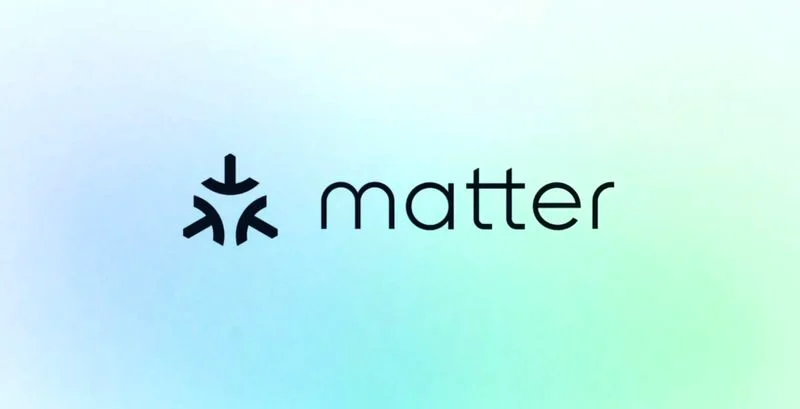
This is also one of the reasons why Apple is clinging tooth and nail to its own Lightning connector and has so far refused to switch to the generally more widespread USB-C standard. Using his own solution generates a profit for him, which comes from paying fees for the mentioned official certification. But have you ever wondered how much such certification actually costs and how much companies pay for it? This is exactly what we are going to shed light on together now.
Obtaining MFi certification
If a company is interested in obtaining official MFi certification for its hardware, it must go through the entire process from A to Z. First of all, it is necessary to participate in the so-called MFi program at all. This process is very similar to when you want to get a developer license and start developing your own apps for apple platforms. The first fee is also associated with it. To join the program, you must first pay $99 + tax, opening the company's imaginary first door on the path to certified MFi hardware. But it doesn't end there. Participation in the program is not all that is needed, on the contrary. We can perceive the whole thing as a certain verification - the company is consequently more trustworthy in the eyes of the Cupertino giant, and only then can possible cooperation begin.
Now let's move on to the most important thing. Let's imagine a model situation where a company develops its own hardware, for example a Lightning cable, which it wants to get certified by Apple. Only at this moment does the essential thing happen. So how much does it cost to certify a specific product? Unfortunately, this information is not public, or companies only get access to it after signing a non-disclosure agreement (NDA). Even so, some specific numbers are known. For example, in 2005, Apple charged $10 per device, or 10% of the accessory's retail price, whichever was higher. But over time, there was a change. The Cupertino giant subsequently reduced the fees to a range of 1,5% to 8% of the retail price. In recent years, a uniform price has been set. For Made for iPhone certification, the company will pay $4 per connector. In the case of so-called pass-through connectors, the fee must be paid twice.

This clearly shows why Apple has so far stuck to its own connector and, on the contrary, is not rushing to switch to USB-C. He actually generates quite a bit of income from these license fees paid to him by accessory manufacturers. But as you may already know, the transition to USB-C is practically inevitable. Due to the change in legislation, a uniform USB-C standard was defined in the countries of the European Union, which all phones, tablets and many other products belonging to the segment of portable electronics must have.
It could be interest you
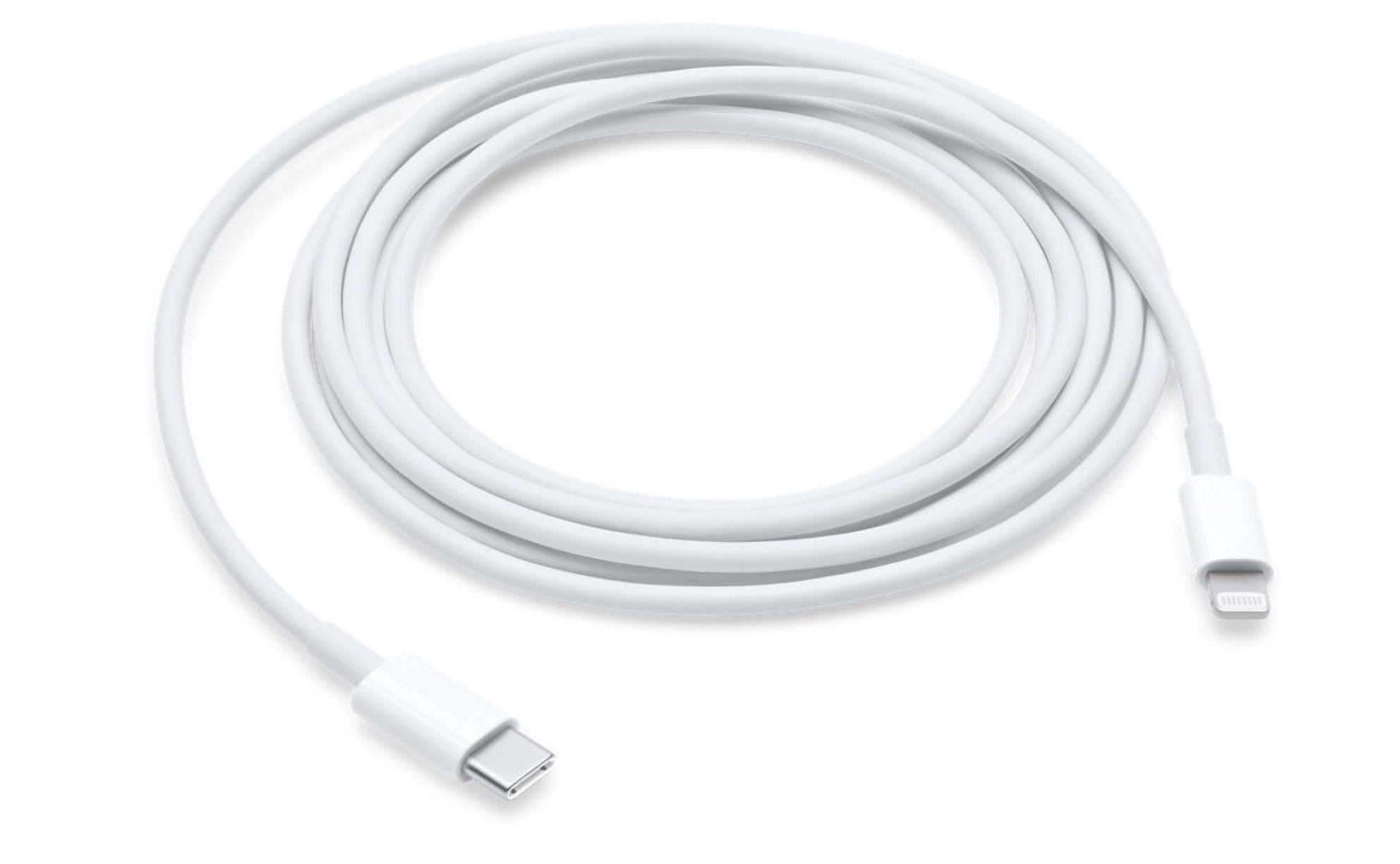
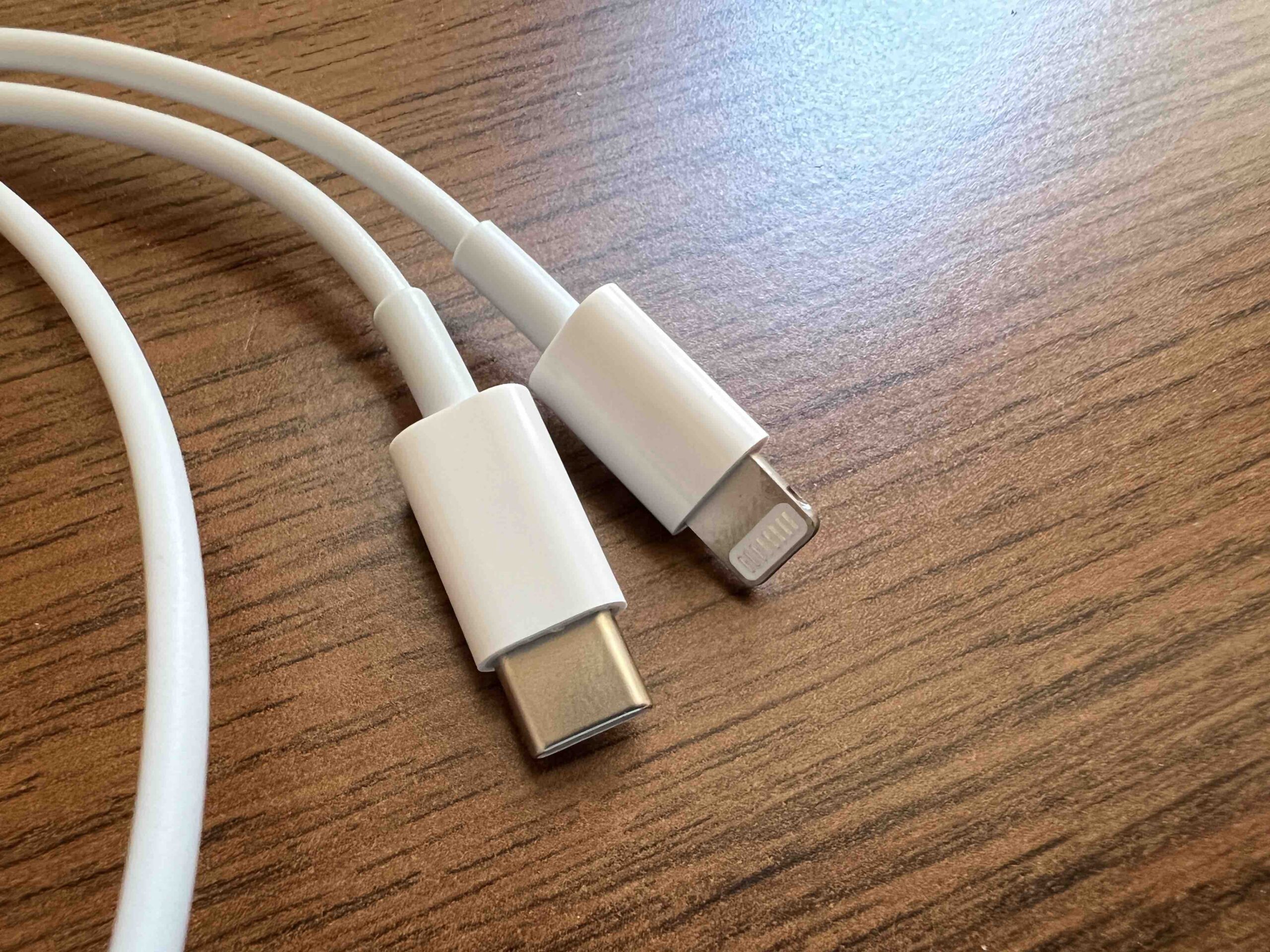
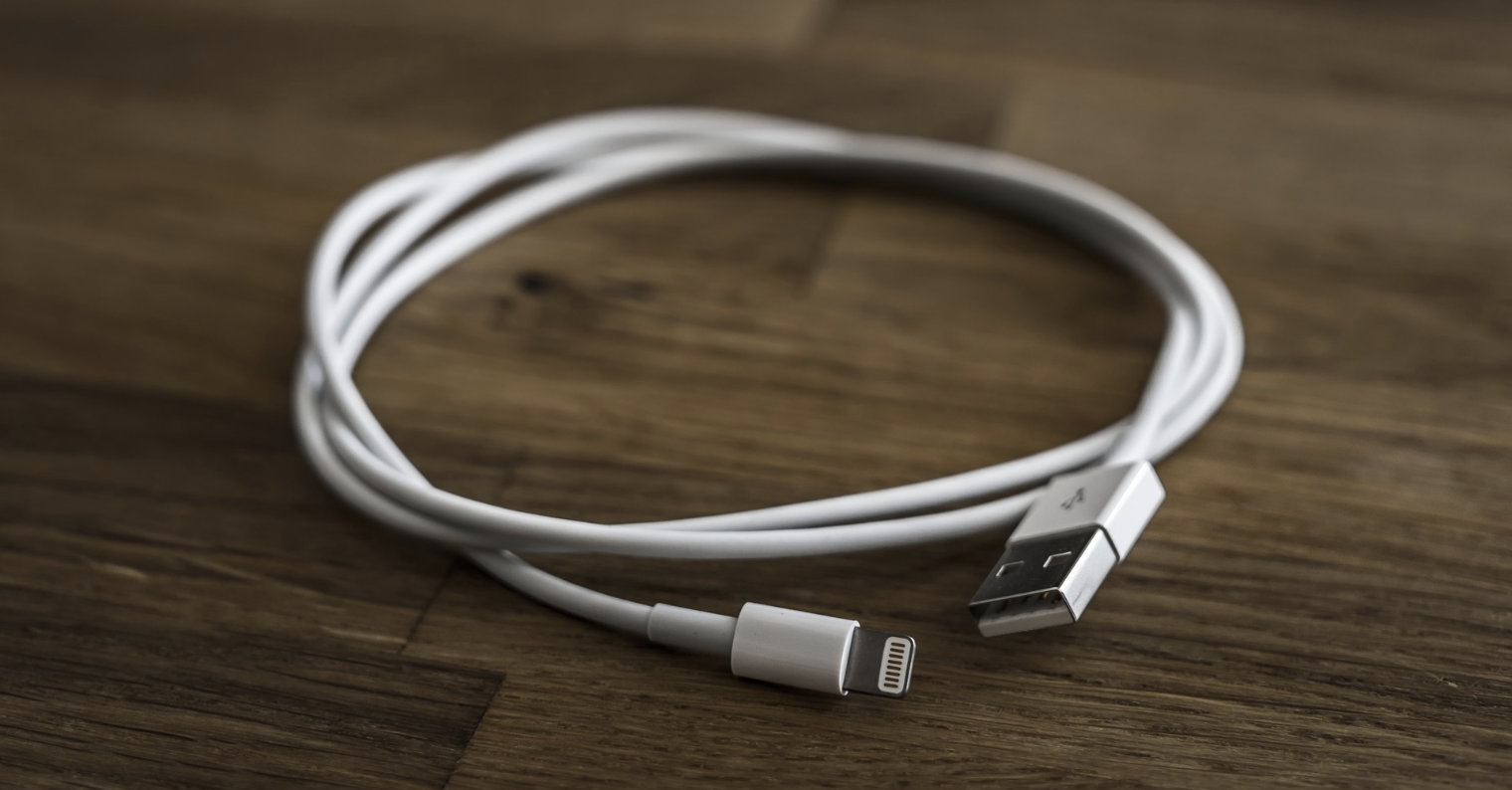

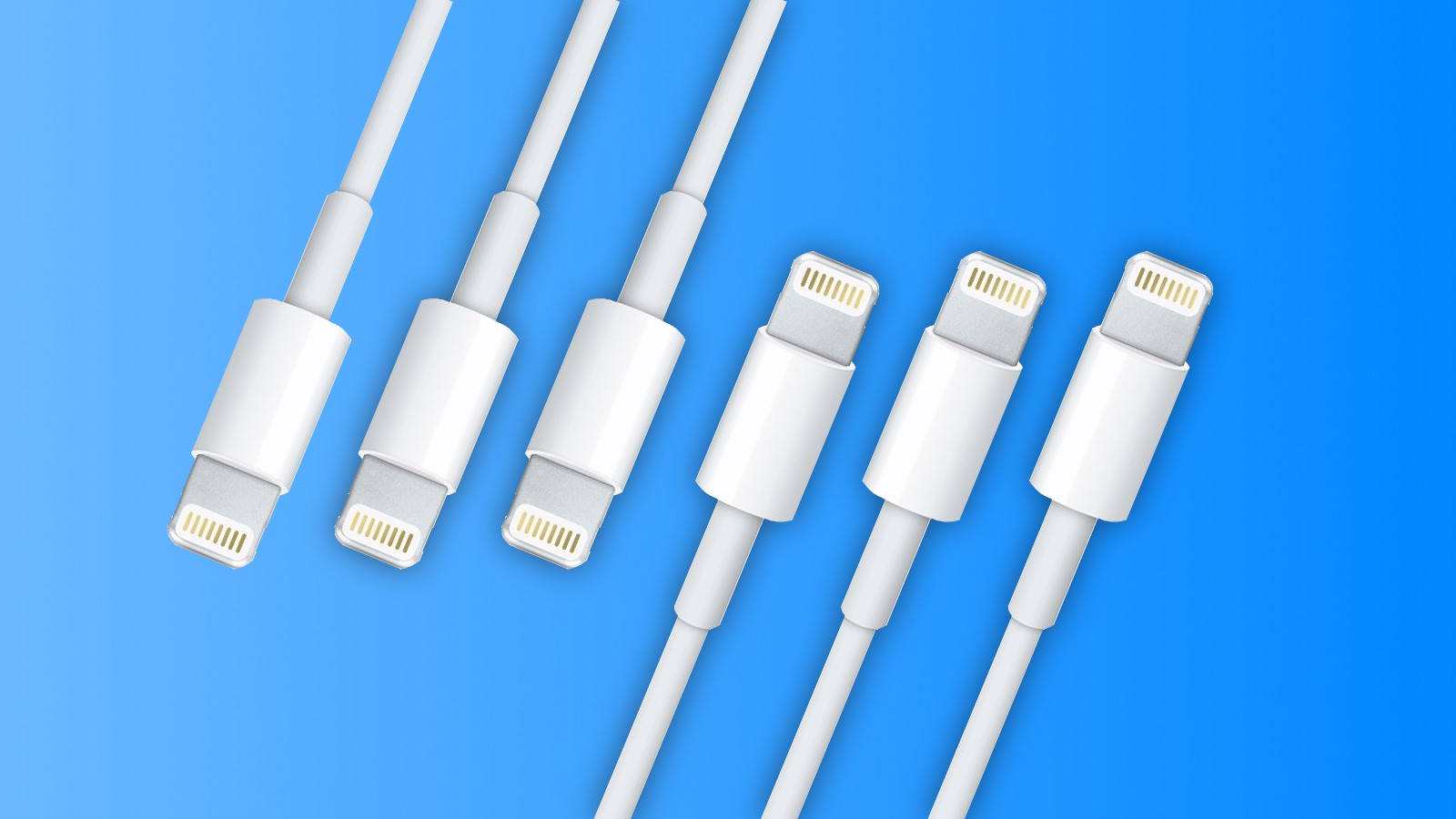
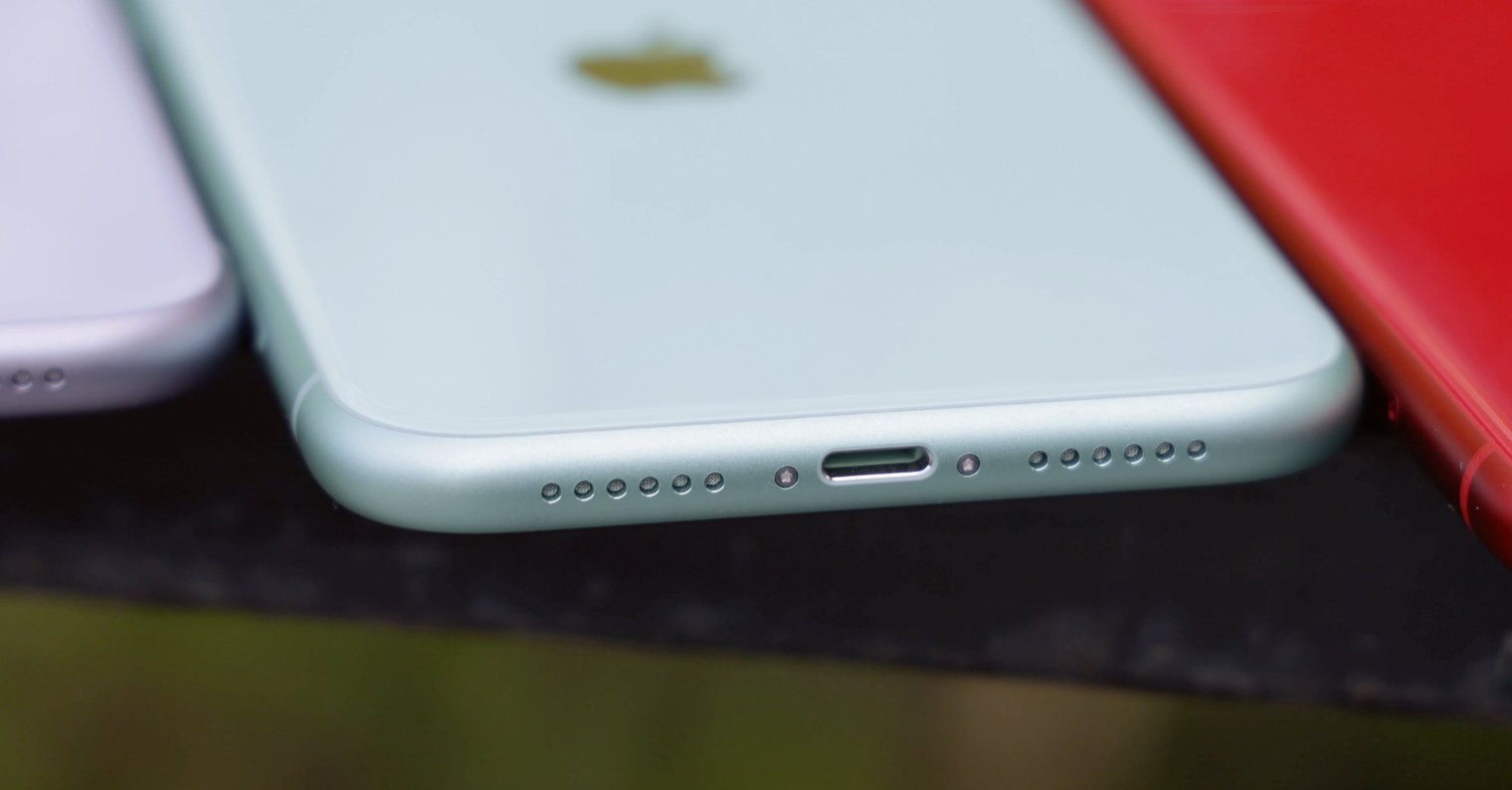
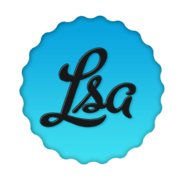 Flying around the world with Apple
Flying around the world with Apple